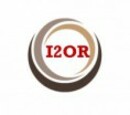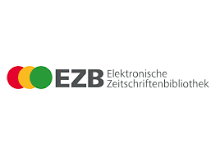The predictive role of family performance in self-efficiency of High School student girls in Iran.
Abstract
The goal of this study was to predict self-efficiency based on family performance in girls of high school student. The research design was a correlational-descriptive study and the statistical population consisted of all high school girl students of Shiraz during the academic year 2016-2017. 150 students were selected by cluster sampling. Research instruments were Family Assessment Device (FAD) Questionnaire, and, Scherer's self-efficacy questionnaire. SPSS software was used to analyze the data. The results of Pearson correlation indicated a positive and significant relationship between the aspects of family performance subscales and the self-efficacy (P<0.01). Multiple regression analysis showed that dimensions of problem solving, communication, affective involvement, behavioral control, and main performance can positively and significantly predict self-efficiencies.




































1.png)







1.png)







